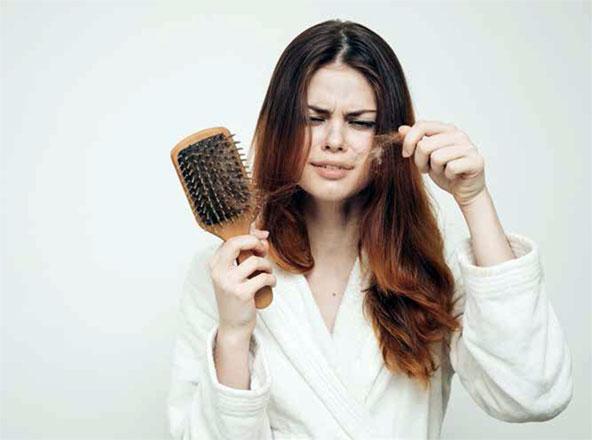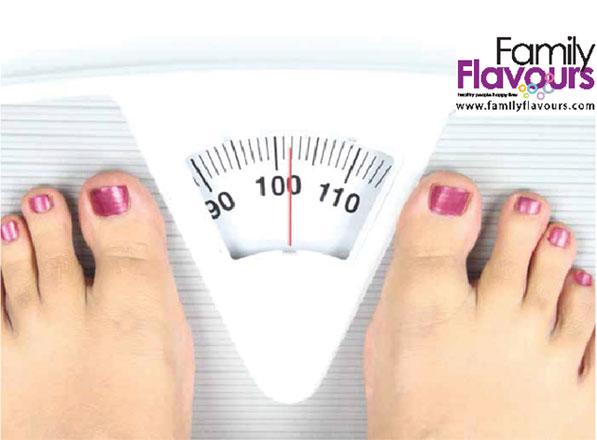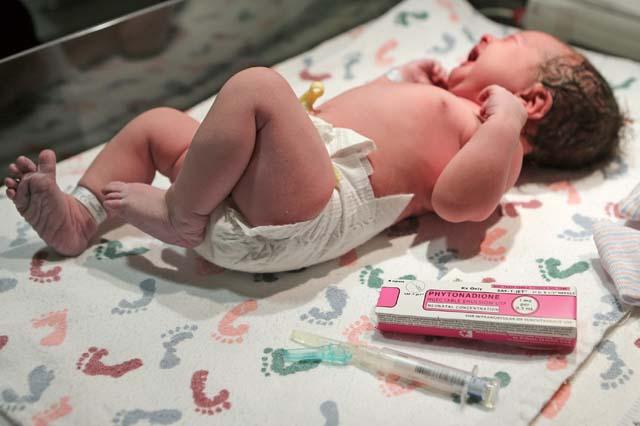You are here
What is the secret to fuller, thicker hair?
By Dr Renad Seheimat , Family Flavours - Jun 23,2019 - Last updated at Jun 24,2019

Photo courtesy of Family Flavours magazine
By Dr Renad Seheimat
Clinical Pathologist and Laboratory Medicine Specialist
One of the most common complaints I see in my field of specialisation is increased thinning or loss of hair.
It is an uncomfortable topic of conversation for any adult. But given the emphasis on women’s looks and fixation on hair, hair loss in women is an especially taboo subject.
Treating hair loss depends on the root cause. Getting your blood tests done can help you find out if hair loss is due to nutritional deficiencies, medical and hormonal imbalances or is simply hereditary. The most important nutritional deficiencies to check for are iron, zinc, biotin and B vitamins deficiencies.
Hormonal conditions could be due to thyroid gland problems, excess cortisol (stress hormone), high levels of androgens, especially DHT. This hormone causes hair follicles to shrink, resulting in a shorter life span and decreased hair production. Polycystic Ovarian Syndrome in particular can lead to obvious hair loss in females due to high levels of male hormones like testosterone.
If your hair loss problem is due to pregnancy, breastfeeding, menopause or contraceptive pills, the good news is that this is temporary and hair growth will resume after these factors pass.
Hormonal imbalances
Consult with your doctor, preferably an endocrinologist, before using any conventional or natural hair remedies.
Hereditary or genetic
Conventional treatments, like surgical hair transplant and laser, may be the best option for this type of hair loss.
Medication
Make sure that you are not taking medication that contributes to thinning hair and hair loss by checking their side effects.
Natural plan for healthy fuller hair
Lowering stress levels through prayer, yoga, acupuncture or meditation. Regular exercise is vital and helps increase circulation and improve hair growth. Do not forget to avoid stressors like packaged sugary foods, high caffeine or alcohol intake and unhealthy fats.
Increasing intake of nutrient-dense whole foods. Nutrition of the hair starts from the hair follicle and root that are fed by a nutrient-rich blood supply. Some of the most crucial nutrient deficiencies that can affect hair growth are:
• Iron: If you have iron deficiency, increase your intake of iron-rich proteins like grass-fed beef and green leafy vegetables
• Biotin: If you do not get enough biotin in your diet, it can lead to dry, brittle hair. Foods that are rich in biotin include nutritional yeast and egg yolks
• Zinc: One of the most essential nutrients for tissue growth and repair, including hair growth, is zinc. Grassfed beef, pumpkin seeds and chickpeas are rich sources
• Vitamin A makes sebum that conditions the scalp. Best food choices include pumpkin, sweet potato and kale
• Vitamin C and antioxidants help your body absorb the iron it needs. Guava, kiwi, papaya, broccoli and red pepper are some of the best choices
Considering supplements
Multivitamin taken daily, containing the previously mentioned nutrients, can help complement a healthy diet
Omega-3 (1,000 milligrammes daily or 1 tablespoon of oil daily) can help reduce inflammation and thicken hair
L-lysine (500–1,000 milligrammes daily) to combat hair loss
B-complex vitamins (1 tablet daily) also helps with stress
Bone broth powder is rich in protein, collagen, gelatine, glucosamine, chondroitin and many vital nutrients that support and promote healthy hair growth
Using herbs
• Ashwagandha (500 milligrammes daily) helps the body adapt to stress and reduce cortisol levels. It can be used if your hair loss is due to anxiety, grief, shock or other stressors
• Saw Palmetto (320 milligrammes daily) can significantly improve hair growth. It can be used if your hair loss is due to excess testosterone
Trying essential oils
Essential oils like rosemary, lavender, cedar wood, thyme and sage, when used topically, are very beneficial to stimulate hair growth.
Mix three to four drops of peppermint, rosemary and sage in one tablespoon of olive oil or coconut oil and massage the mixture gently into the area of concern daily.
Consult with your doctor before attempting any natural remedies
Reprinted with permission from Family Flavours magazine
Related Articles
By Dr Renad SeheimatClinical Pathologist & Laboratory Medicine Specialist Are you finding weight difficult to lose?
Many people think that intelligence is something we are born with.
Vitamin supplements marketed for infants and children often contain more than the recommended amount of individual vitamins, according to a new study.














